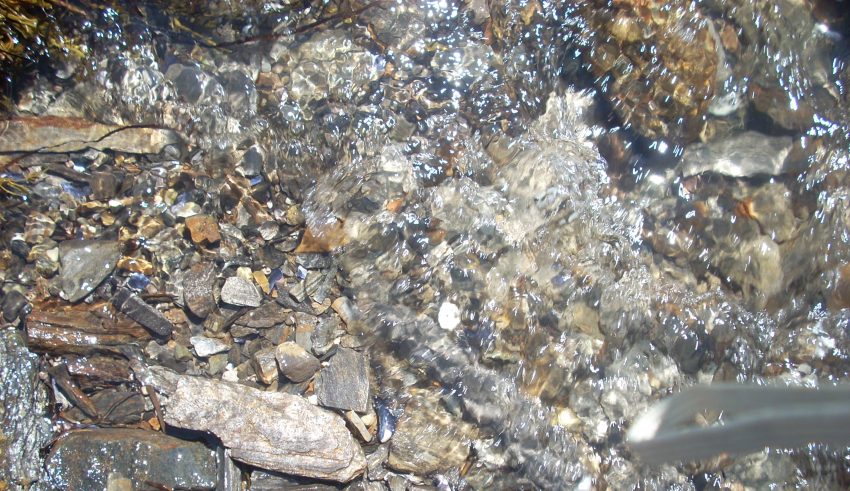
17. What is the one mistake you see leaders making more frequently than others?
Not trusting. I’m referring to when we don’t trust ourselves and the gifts and strengths that we bring and also to when we don’t trust the process and collective wisdom and try to make something happen when it just isn’t ready. An effective leader will press against the edges and limitations and allow a group to see them, yet let the group come to its own conclusion of what is possible. All too frequently leaders push and press past those edges, and as a result they don’t bring people along with them. This has to do with failing to recognize the strengths and assets that everyone has, and avoiding tapping into those that the leader may be uncomfortable with. It can be a painful process for a leader to break out of that.
18. What are you doing to continue growing and developing as a leader?
It is about letting go. Just letting go. Seeing the limitation in something, touching it again and asking. “Is it real, can I let this one go?” And then relaxing. Relaxation is very important, and some of relaxation is simply about trust.
19. What are the one or two peak experiences that set you on the path you’re on today?
Early in my career I was involved in pulling together key community leaders to work on improving the quality of life in a low-income neighborhood. We held a community meeting, and I had my flip charts and markers and questions up on the wall. We were so proud of ourselves, asking for all of this input before designing the program. During the meeting one key African-American woman, who was a leader from the neighborhood, became teary-eyed and walked out of the meeting. When I followed up with her I found she was really angry. She felt manipulated by that process. Once again professional people had come in with their flipcharts and markers asking for something from them rather than to take the time to sit down to find out who she and her neighbors were. That was devastating for me in my early thirties. I thought I had screwed-up and that we’d never be able to launch this program. Shortly after the meeting, I went to the woman’s home, and she made me tea and brought out food. She said, “Listen, we all have gifts, I have gifts, you have gifts, the single moms have gifts, and the drug dealers down the street have gifts. Let’s just come together and understand what gifts we have that can make our community better.” It was a very painful lesson, for it had to do with the old adage that if you come with your cup full you can’t receive anything. Clearly, I needed my cup emptied. I was just out of graduate school and my cup was full. I was proud, I had answers, and I wasn’t letting anything new in. That experience brought me to my knees and emptied my cup. So what I learned from this peak experience is to keep my cup empty.
Download Article















